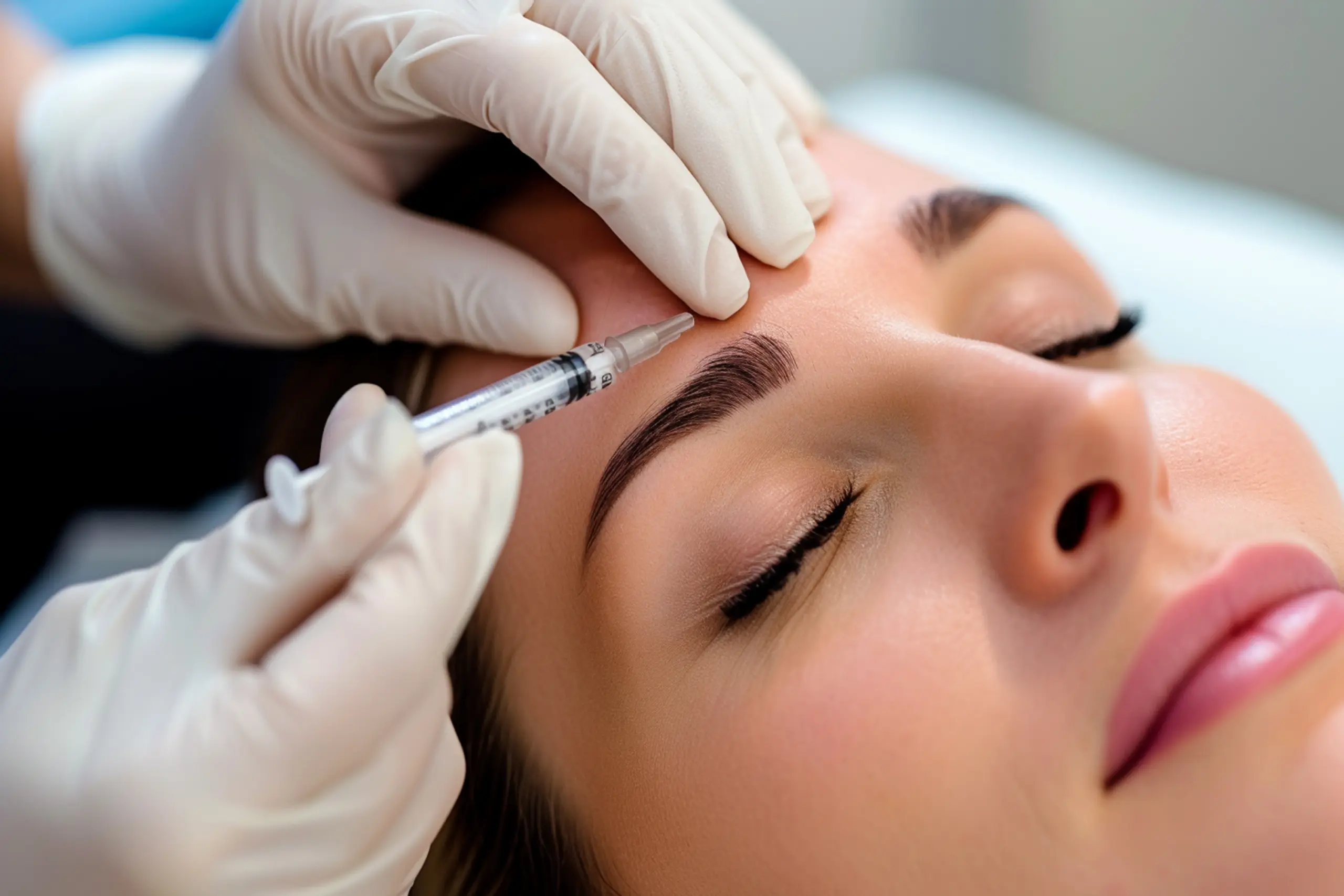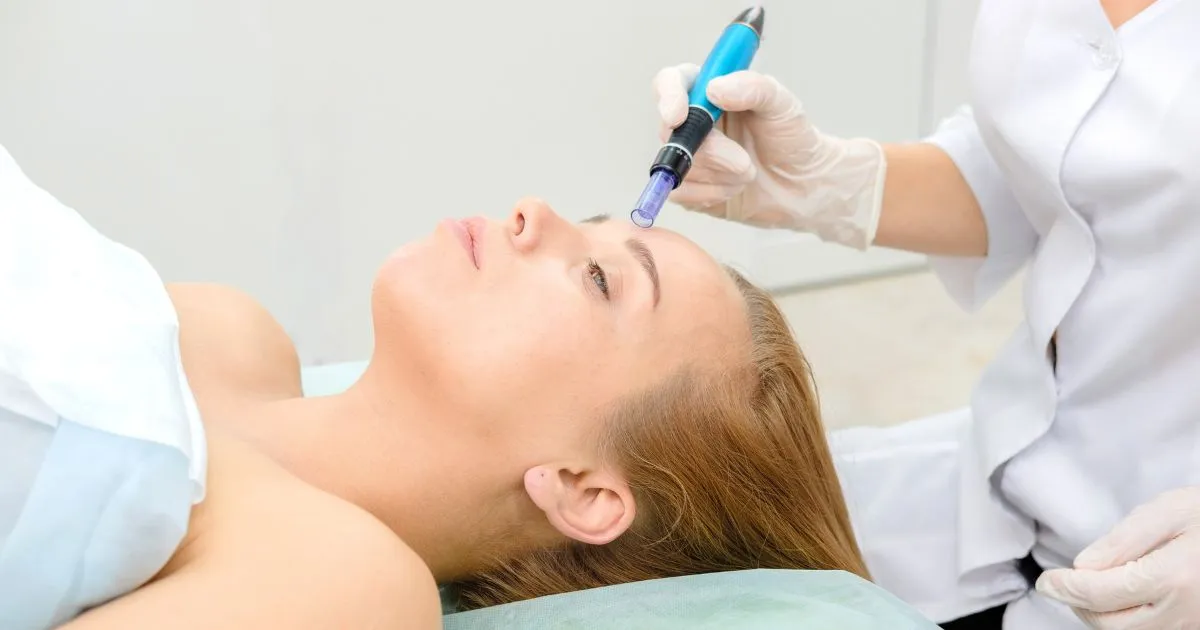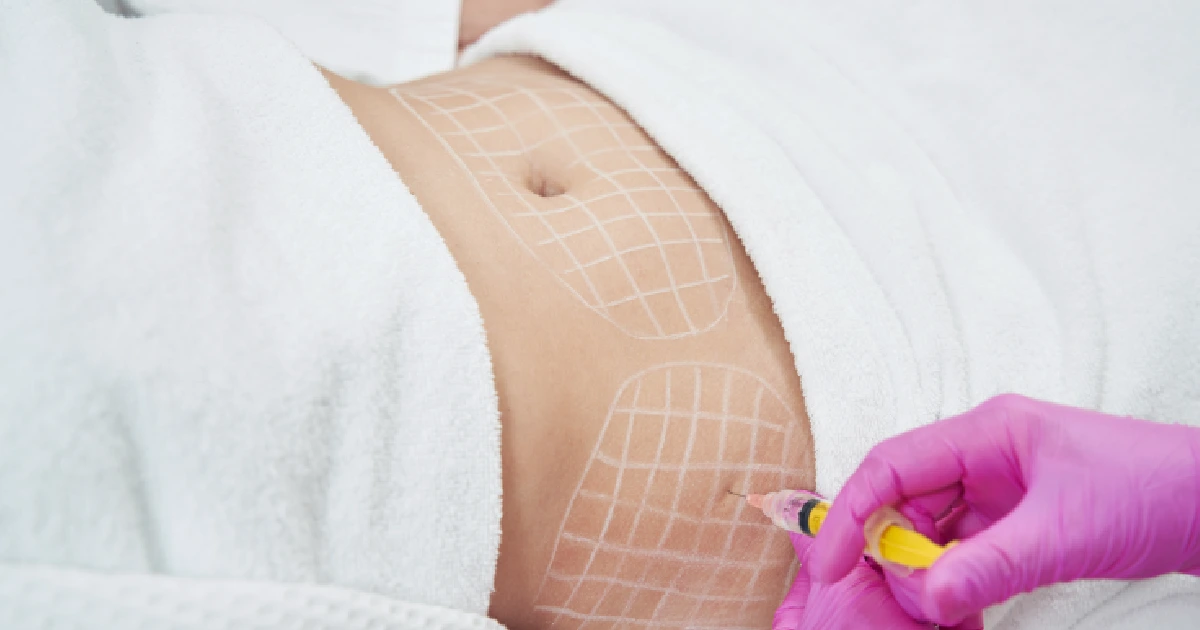Table of Contents
Acne scars can be an enduring reminder of a difficult time in one’s life. These unsightly marks can significantly affect an individual’s self-esteem, leading them to explore various treatment options. Among these options is chemical peeling, a procedure that utilizes a solution to remove damaged skin cells and facilitate the growth of new ones. While chemical peeling effectively treats some types of acne scars, its benefits and limitations remain debated in the medical community. This article will explore the intricacies of acne scars, the science behind chemical peeling, and its benefits and limitations.
Acne Scars, What Exactly Are They?
Acne scars are physical reminders of past acne breakouts. These scars form when the skin’s underlying tissues are damaged due to inflammation caused by acne. The type of acne scar that develops depends on various factors, including the severity and duration of the acne breakout and an individual’s skin type.
The most familiar types of acne scars are atrophic scars and hypertrophic scars. Atrophic scars are characterized by tissue loss, resulting in depressions or pits on the skin’s surface. On the other hand, hypertrophic scars are caused by an overproduction of collagen, leading to raised and thickened scars. Another type of acne scar is keloid scar, similar to hypertrophic scars but extending beyond the original wound’s borders.
Not all acne scars are created equal. Some scars may be more challenging to treat than others, and not all treatments are effective for every type of acne scar. Therefore, it’s crucial to understand the type and severity of acne scars one has before choosing a treatment option.
Chemical Peeling As A Treatment Option
Chemical peeling is a cosmetic technique that removes the outer layers of damaged skin using a chemical solution, resulting in smoother, more youthful-looking skin underneath. The solution used in chemical peeling varies based on the type and harshness of the acne scars being treated.
Chemical peels are categorized as superficial, medium, and deep, each with varying degrees of potency and recommended for different levels of acne scars. Superficial peels are the gentlest state of chemical peeling, used to treat minor acne scars, fine lines, and uneven skin texture. Medium peels are recommended for moderate acne scars. They may require some downtime for recovery, while deep peels are the most potent chemical peeling used to treat severe acne scars, deep wrinkles, and sun damage.
During the procedure, the chemical solution is applied to the skin, which causes the outer layers to peel away, revealing smoother, more youthful-looking skin underneath. The amount of recovery time necessary for chemical peeling varies based on the depth of the peel, with superficial peels requiring minimal downtime and deep peels requiring several weeks of recovery time.
How Effective Are Chemical Peels For Acne Scars?
Scientific studies have reported varying degrees of effectiveness of chemical peels in treating acne scars. Superficial or light peels may assist in managing acne, prevent scarring, and improve minor textural imperfections, while medium and deep peels may be more effective in treating moderate acne scars.
According to various studies, salicylic acid peels can reduce acne by 47 to 75%, while glycolic acid peels can effectively improve acne in 50 to 95% of patients who receive at least three treatments. The type of peel appropriate for a patient depends on their skin type, acne activity, and acne scars. Combination peels may be used to reduce side effects, and a series of chemical peels can significantly improve acne quickly, resulting in better clinical outcomes.
Benefits Of Chemical Peeling Other Than For Acne Scars
Aside from treating acne scars, chemical peeling has several other benefits for the skin. For one, it can improve the skin’s texture and appearance by reducing fine lines, wrinkles, and age spots. Chemical peeling can also help unclog pores and reduce the severity of acne breakouts, making it a popular choice for those with acne-prone skin.
Chemical peeling can also stimulate collagen production, which is essential for maintaining youthful skin. Collagen is a protein that gives skin strength and elasticity, but as we age, collagen production decreases, leading to sagging, wrinkled skin. Chemical peeling can help restore collagen production, leading to firmer, more youthful-looking skin.
Additionally, chemical peeling can be a great way to rejuvenate the skin and improve its overall health. By vacating dead skin cells and stimulating cell turnover, chemical peeling can help the skin look and feel healthier.
Chemical Limitations For Acne Scars
Chemical peels can be an effective treatment for acne scars, but their use has some limitations. One limitation is that not all acne scars can be treated with chemical peels. For example, deep, pitted scars may not respond well to chemical peels. Additionally, chemical peels may not be effective for all skin types or unsuitable for individuals with certain medical conditions.
Another limitation is that while chemical peels can improve the appearance of acne scars, they may not completely eliminate them. Multiple treatments may be critical to achieving optimal results, and the results may be temporary. Additionally, chemical peels may cause some side effects, such as skin redness, flaking, and sensitivity to sunlight.
Chemical Peels Alternatives
Chemical peels are not the only option available for treating acne scars. Microneedling and dermaplaning are two alternative treatments that can improve the appearance of acne scars.
Microneedling, also known as collagen induction therapy, concerns using an instrument with tiny needles to induce micro-injuries on the skin. This stimulates the skin’s natural healing response and encourages the synthesis of collagen and elastin, which can enhance the formation of acne scars over time.
Dermaplaning is a non-invasive treatment that uses a sterile surgical blade to exfoliate the skin’s surface, clearing dead skin cells and vellus hair, or “peach fuzz.” This can help smooth out the skin’s texture and reduce the appearance of acne scars.
Both microneedling and dermaplaning are effective treatments for acne scars. They have the added benefit of being non-chemical treatments, which may be preferable for some individuals.
Takeaway
If you’re considering chemical peeling as a treatment option for your acne scars or other skin concerns, seek professional advice from a trusted provider. Our team at Revive Med Aesthetics can help you determine whether chemical peeling is the right option for your skin type and acne scar severity.
Don’t let acne scars or other skin concerns hold you back from feeling assured and gorgeous in your skin. Contact us today for a detailed consultation and learn more about the benefits of chemical peeling and other cosmetic treatments we offer at Revive Med Aesthetics.






